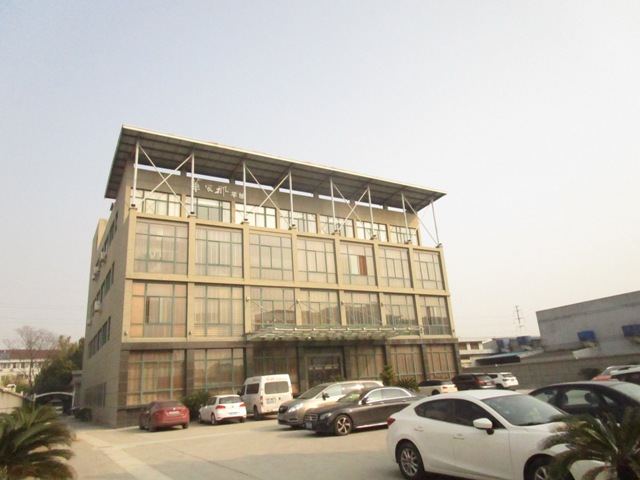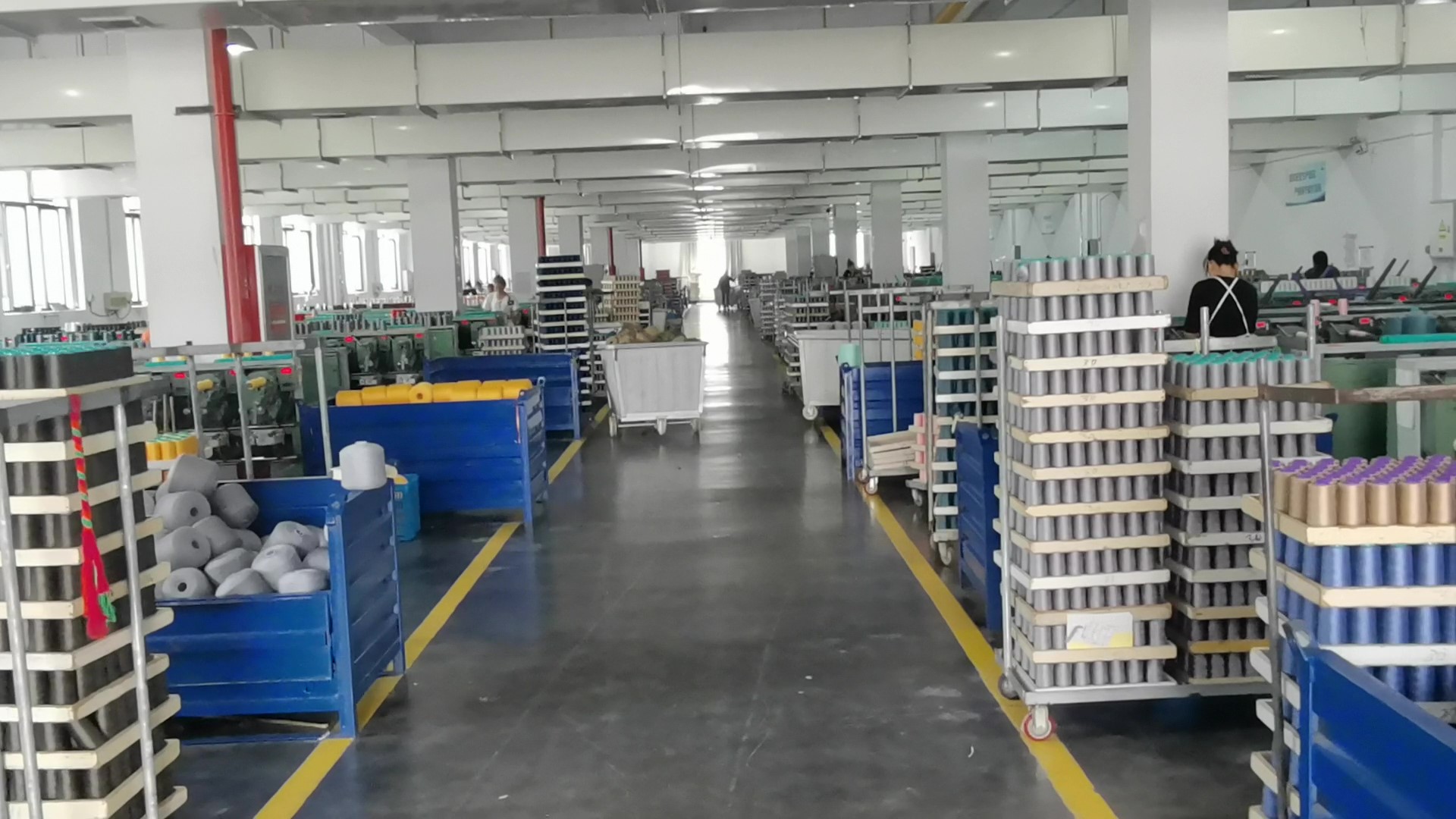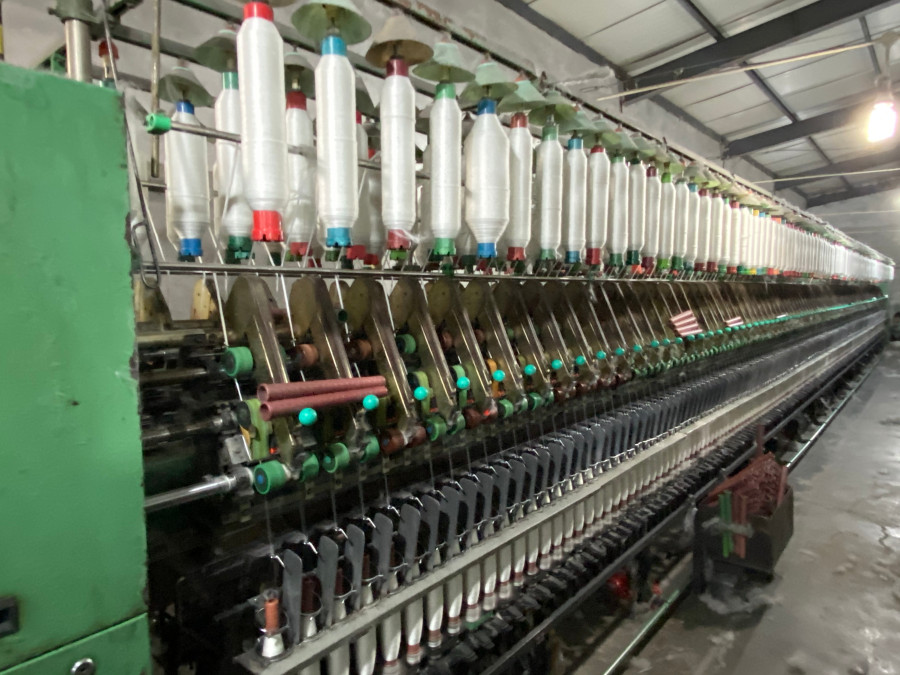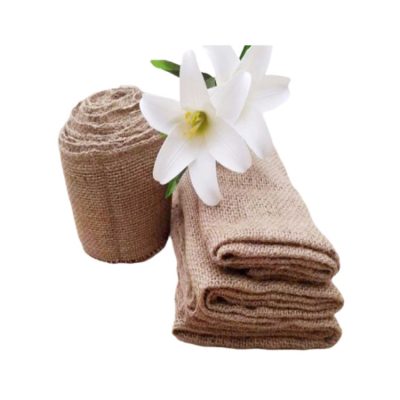
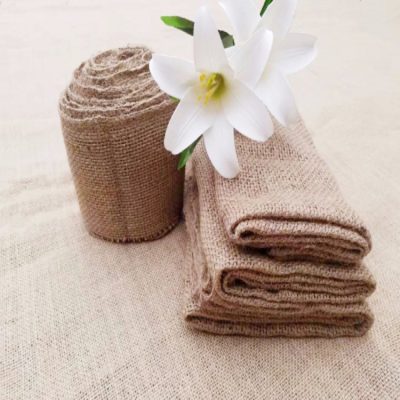
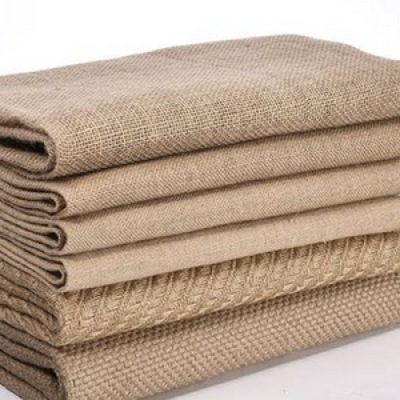
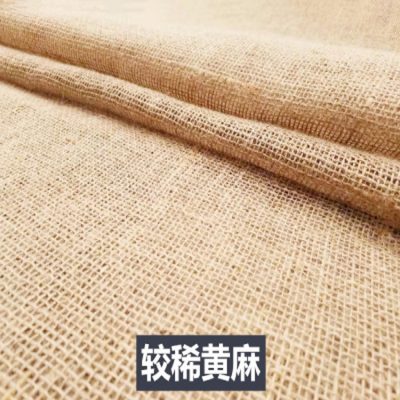
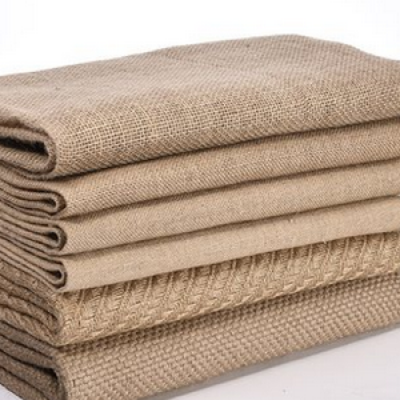

| Product name | Jute Yarn |
| Material | 100% JUTE |
| Yarn Type | Filament |
| Pattern | Raw |
| Feature | Sustainable |
| Use | Sewing, Knitting, Weaving, Hand Knitting |
| Twist | 1-6 PLY |
| Evenness | Uniform |
| Yarn Count | 5lbs – 210lbs |
| Strength | Strong |
| Color | Natural Jute Color |
| Strand | 1-6 |
| Packing | Spools |
| Quality | Test Passed |
| Weight | 10 kgs spools |
| MOQ | 1KG |
Jute yarn, a kind of cloth, a light cotton fabric with thin strips in the longitudinal direction of the cloth. Most of them are woven with pure cotton yarn, but also with cotton and linen blended yarn. Most of the raw materials of hemp yarn are pure cotton yarn. Since the 1960s, due to the development of the chemical fiber industry, blended hemp yarn materials such as polyester-cotton, polyester-linen, and vinyl cotton have appeared. The main use of jute is packaging cloth and packaging bags, and the most classic is sack. In addition, the more closely related use of jute in our lives is carpet. Especially for jacquard carpets, jute yarn is used for weaving the weft. In addition, sisal and jute yarn cores are used in steel wire ropes in industry. In addition, western countries use jute yarn to knit espadrilles into soles, which is also a frequent application.
The single fiber of jute fiber is very short, and it needs a lot of single fiber to be combined into bundle fiber to spin and weave, so it shows a lot of hairiness. However, the fiber is thinner and softer than sisal, and can be spun into finer yarns and fabrics. The price is relatively low. They are all natural plant fibers, have the common characteristics of natural biological decomposition, and are suitable for environmental protection requirements. The advantage of hemp yarn fabric is that it is cool and breathable, and the fabric has good toughness, which is suitable for summer wear. There are not many shortcomings, the material itself does not absorb much water
